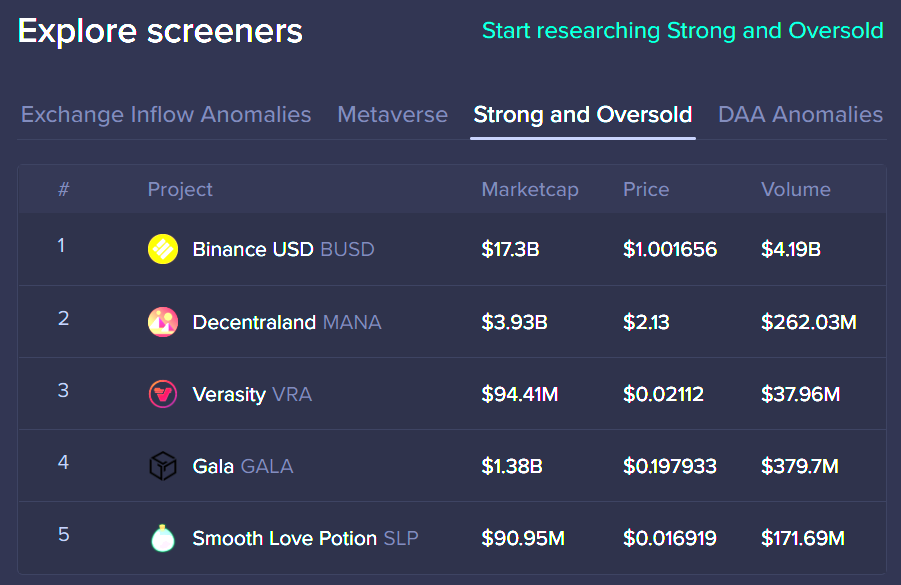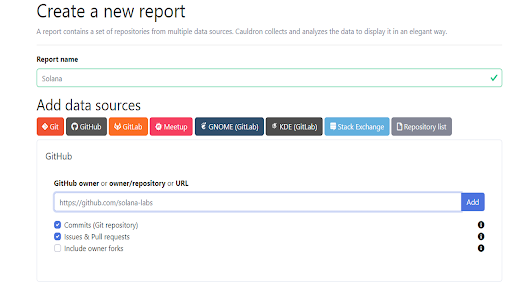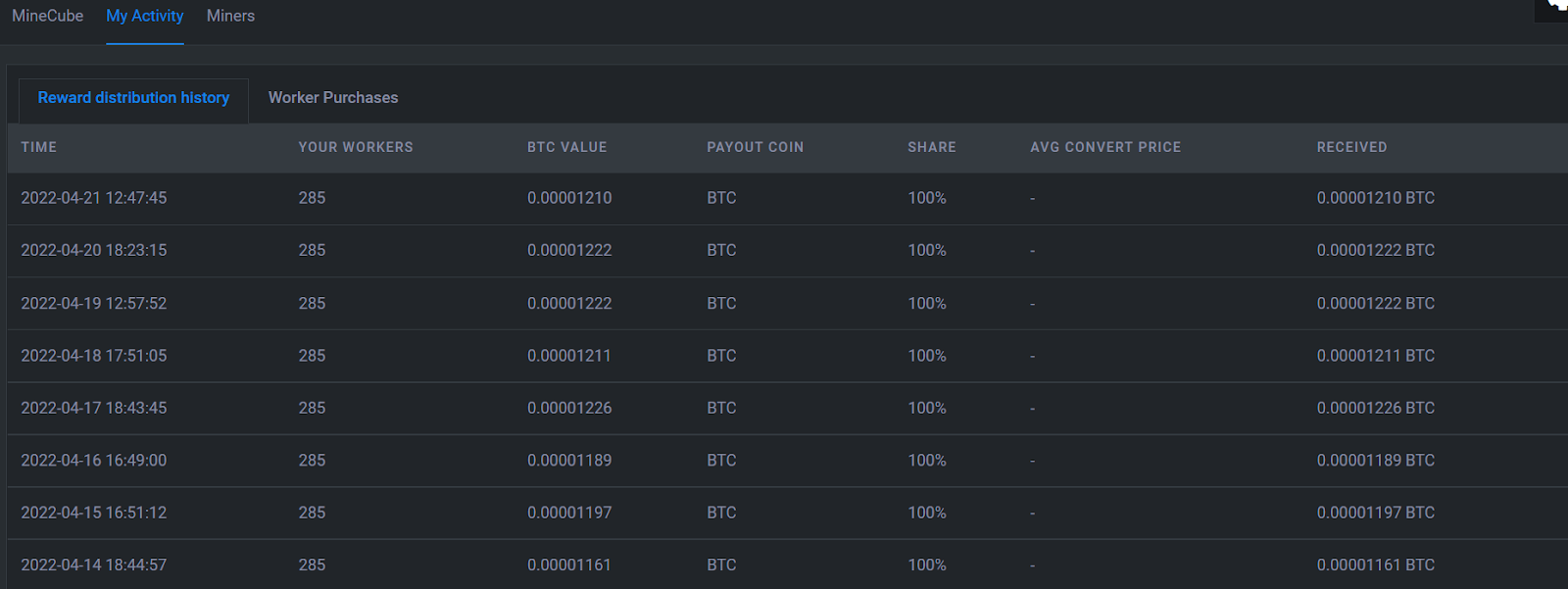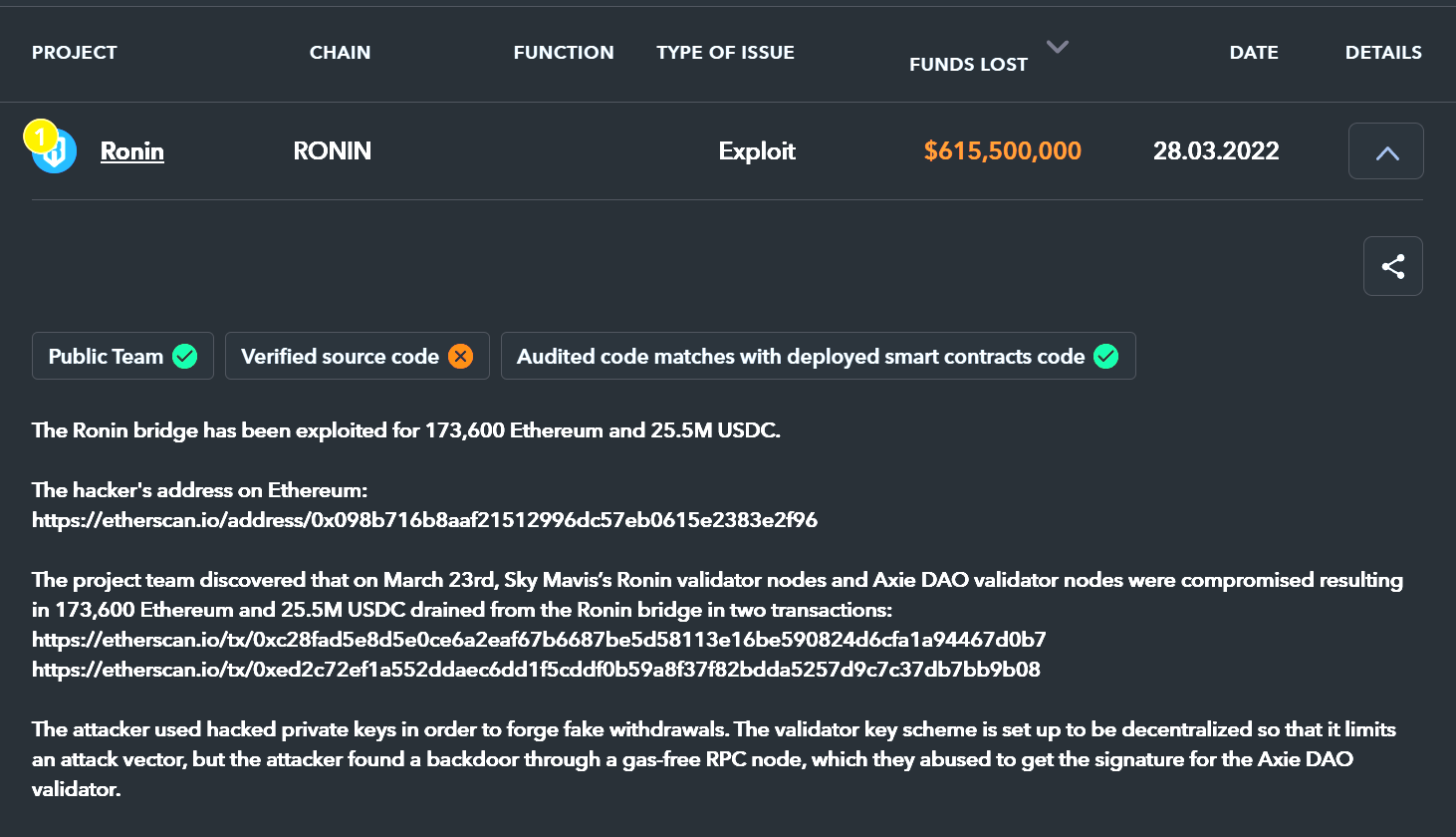


Over the last few weeks, we’ve gone over some big hacks, scams, and exploits, and covered several ways to minimize the risk that they present to you, personally. This week, I scoured our archives & compiled a quick & handy collection of the tools we’ve used & referenced here.
I’ve broken them down into categories, so feel free to bookmark this page as we’ll be adding tools & dapps that we find useful & keeping it updated as we cover new ones. There’s a different tool for every task, and making sure that your fundamental “tool box” is always stocked should be a priority.


You’ll want to play around with the free tools & scanners, because there’s honestly so much you can do with them, but even just using the tools available without registration can vastly expand your ability to analyze fundamentals.

Listed here you’ll find some of the various free methods for “stacking sats” that we’ve gone over, with links & a short description. I’ve included them with the security & FA links, because one of the quickest ways to “get got” is by chasing free lunches. These are all methods that I have personally tested over a long enough period of time (year+) that I feel fairly confident in their safety.
That said, BTCPop has had issues that led to some downtime recently, as well as an inside theft (reimbursed by owner with no user deposits impacted, to my knowledge) that you should be aware of. They have handled each situation remarkably well, though, all things considered.
Full disclosure, I absolutely used my ref links because it would be silly not to. Most of these come from my article on “Stacking Sats”, so you can look there for more info.


We’ll update this as we test & verify the safety of new tools, platforms, and services that you might find useful. Be sure to bookmark this page, and let us know in the comments here or on Twitter what tools you use to stay safe & I might check them out for a future article.

Torrent/seedbox aficionado, decentralist, cultural archivist, fundamental analyst, podcast addict, shitcoin-sifter extraordinaire
Tip Jar
BTC: bc1qahxrp47hpguhx8y8r382dekgca34tlv54aufht
Doge: DJRy9gGSUGeyXfVcZXzKLkBv7RmDLv3MhJ
Share This Article
Join 10,000+ forward thinkers! Get crypto education in your inbox.